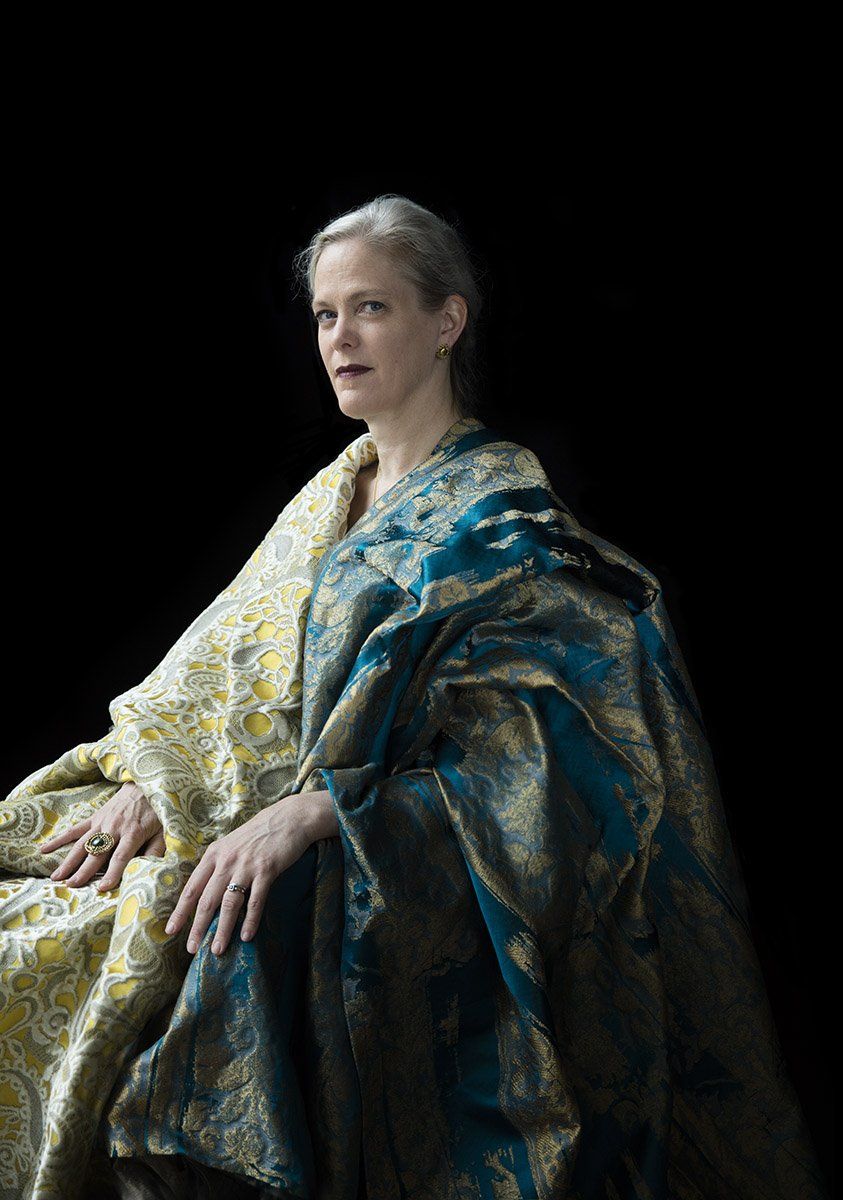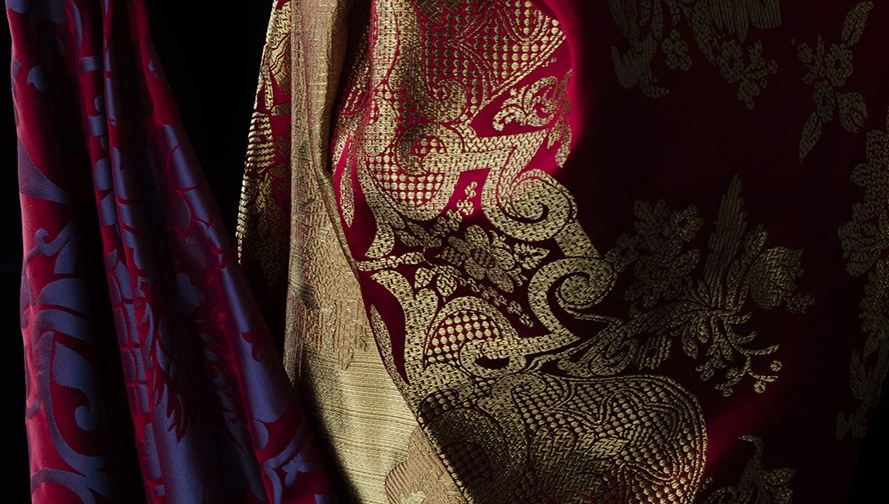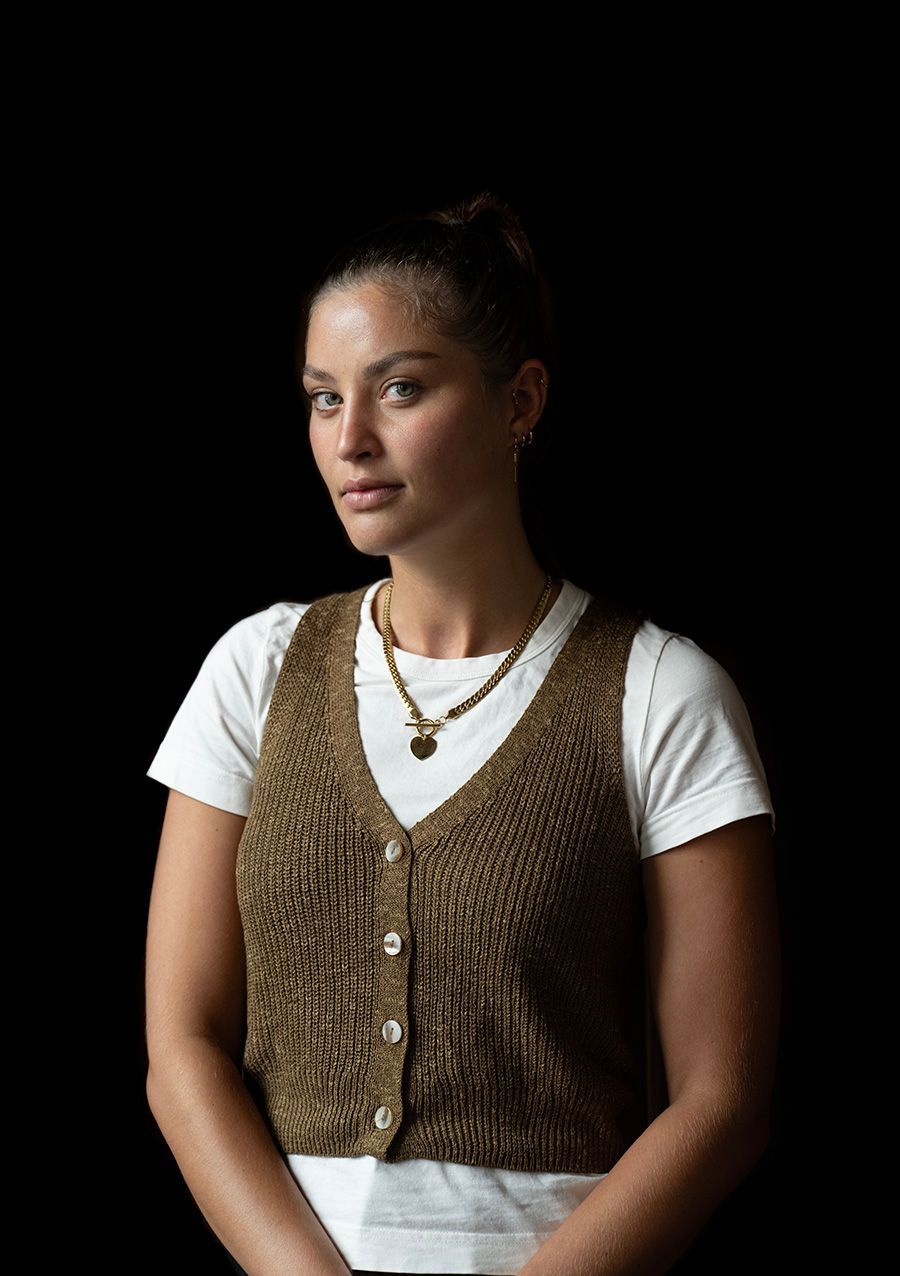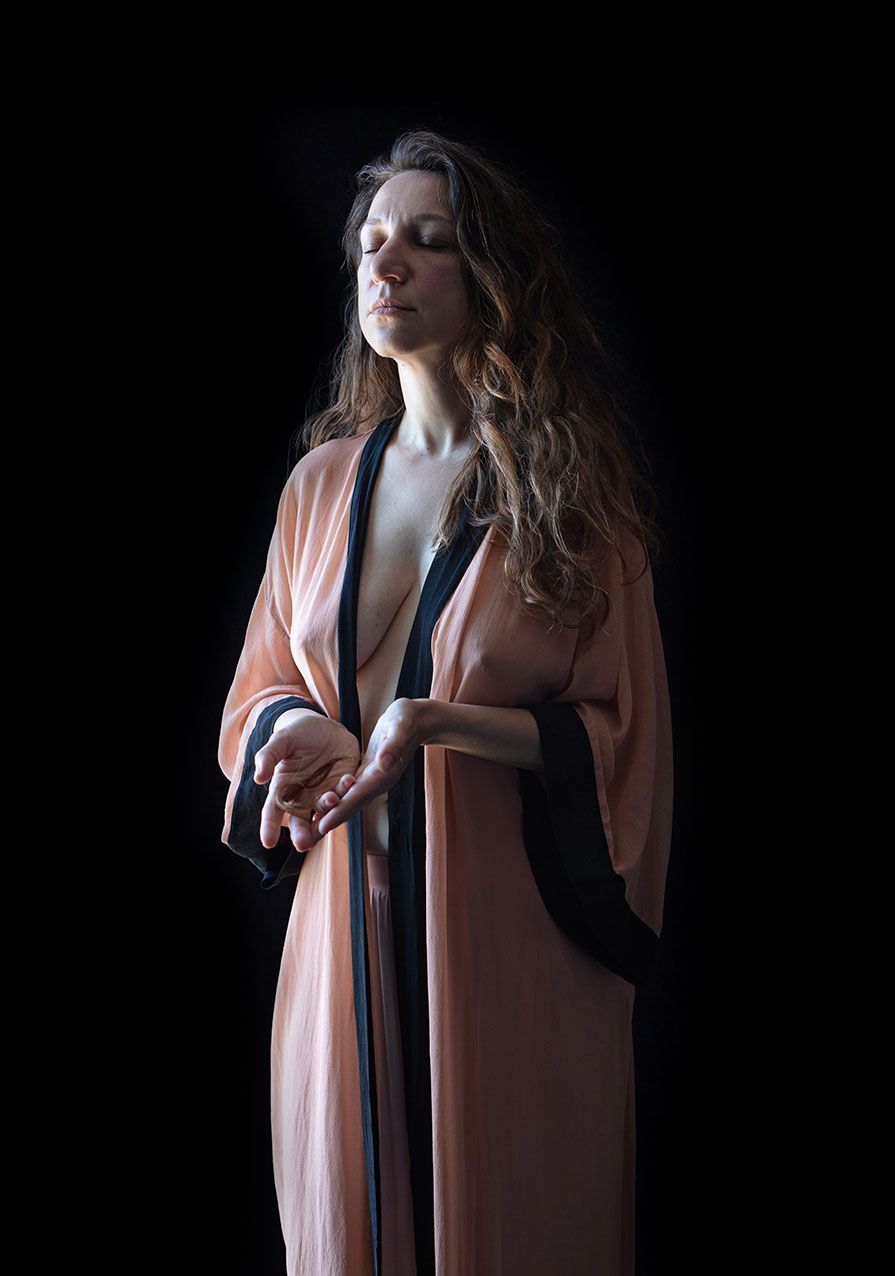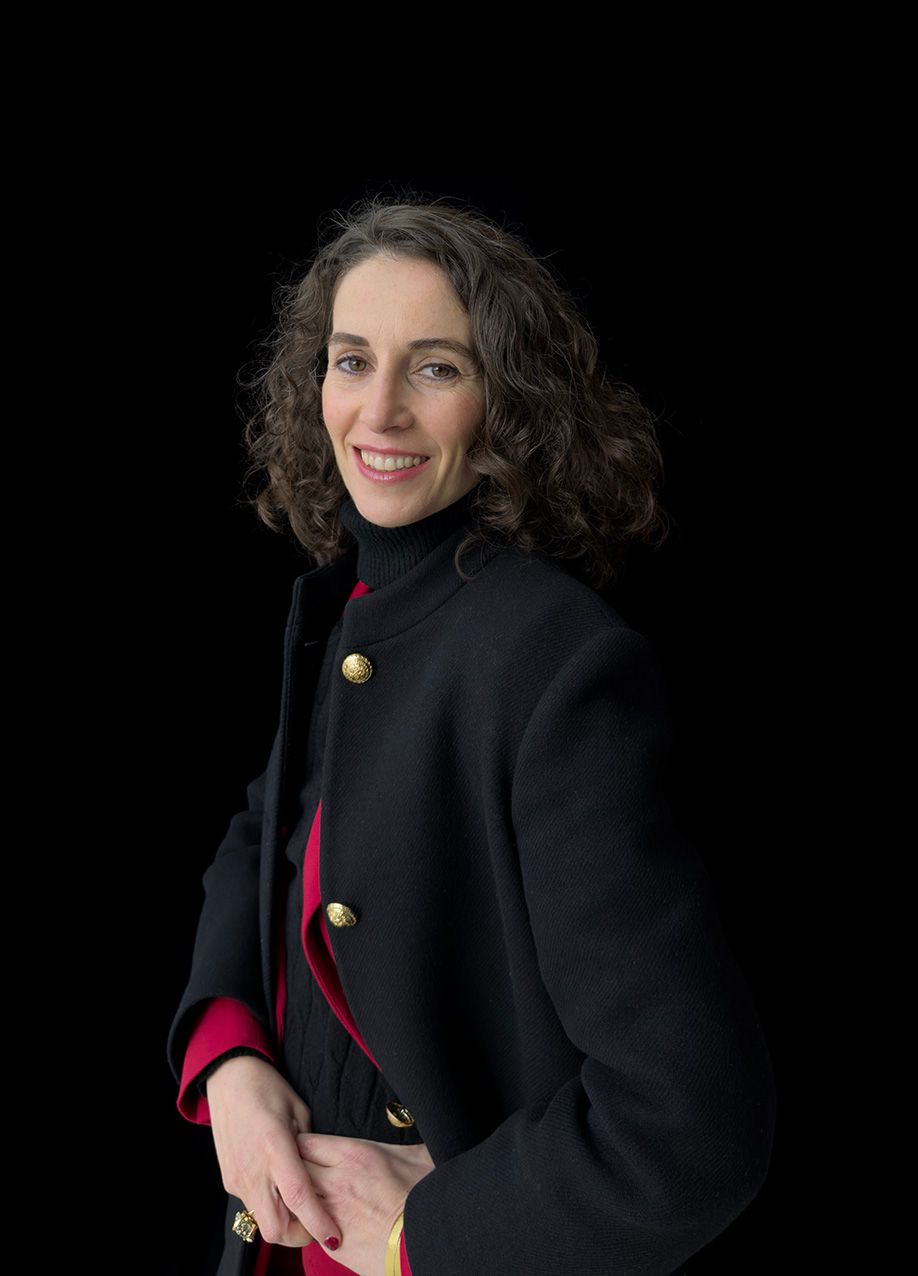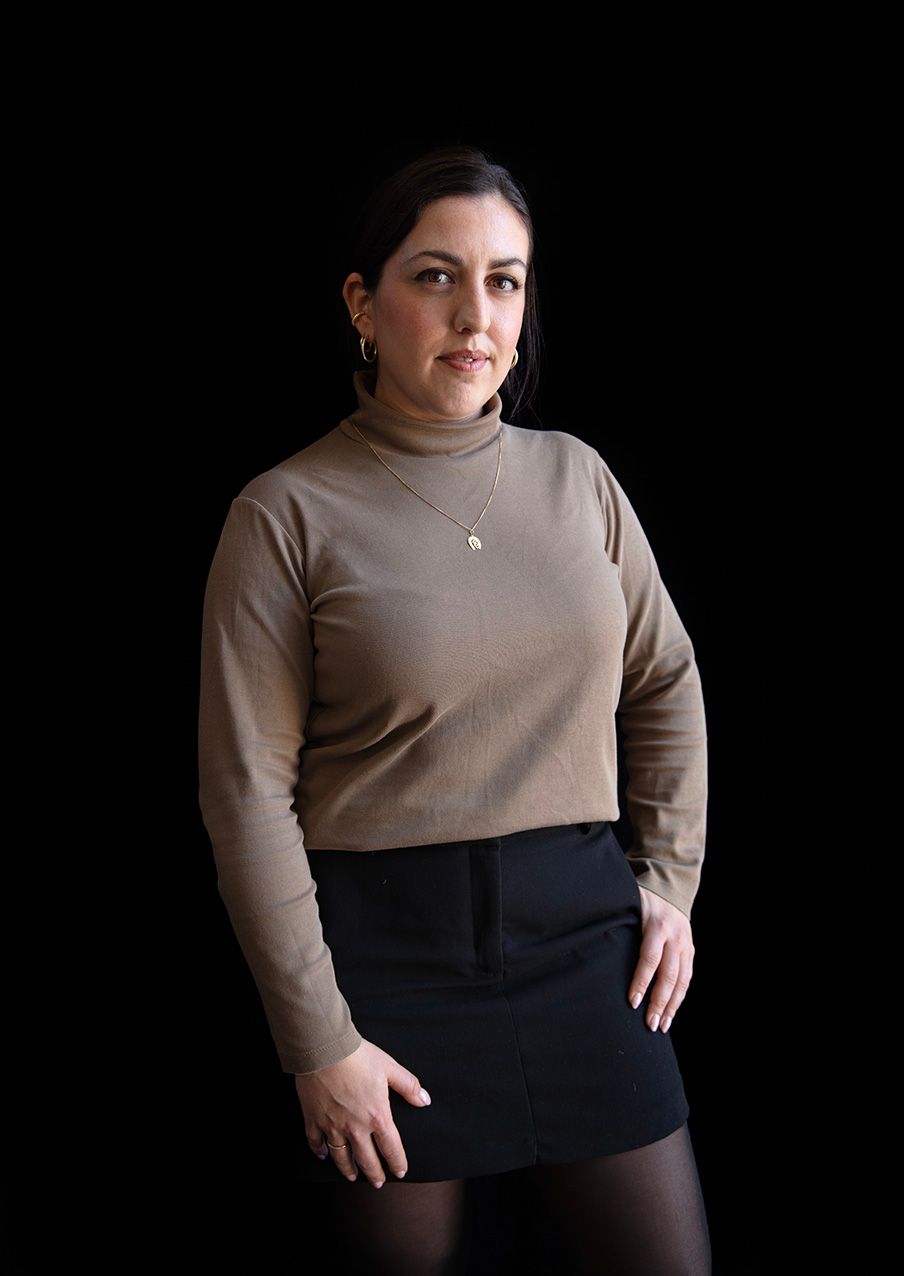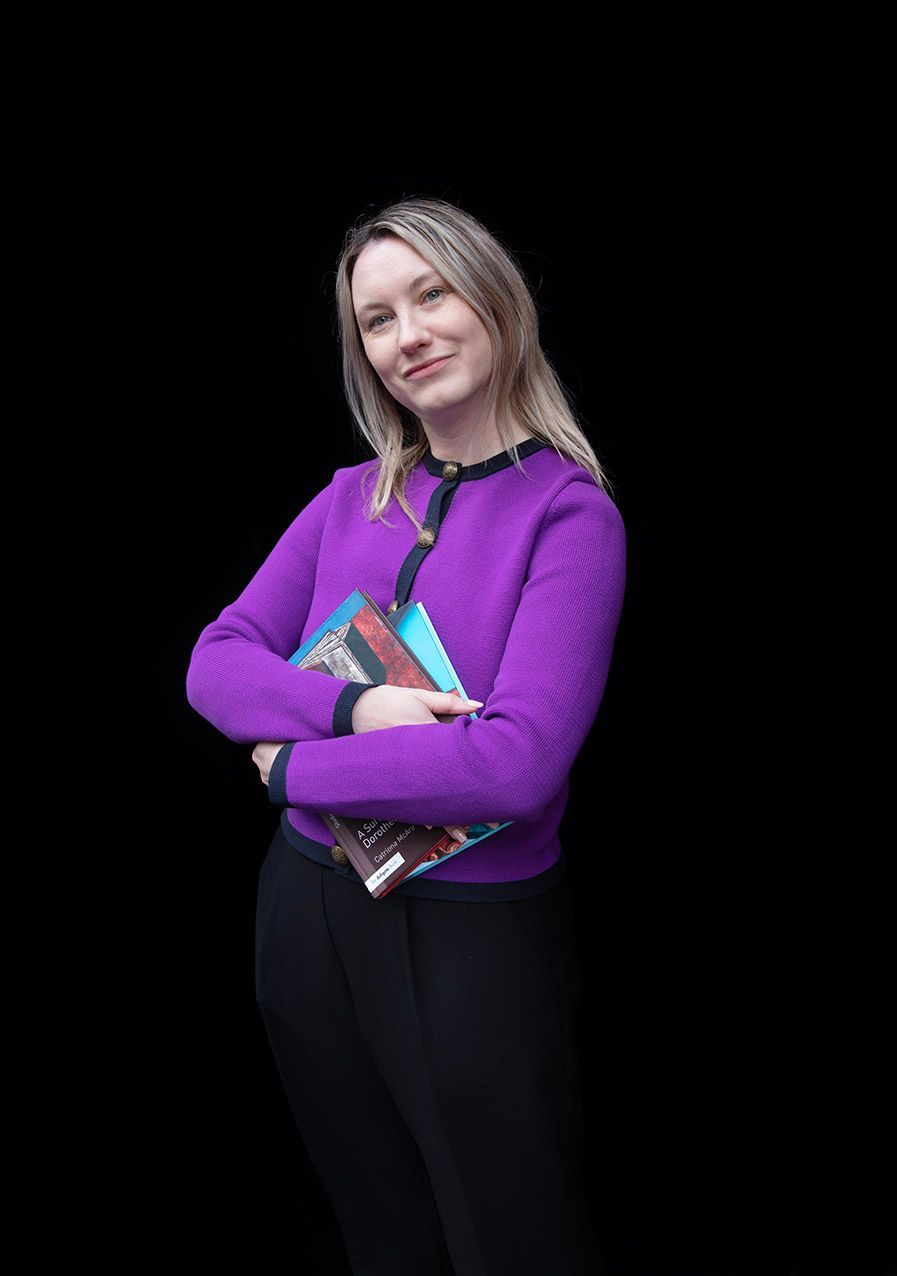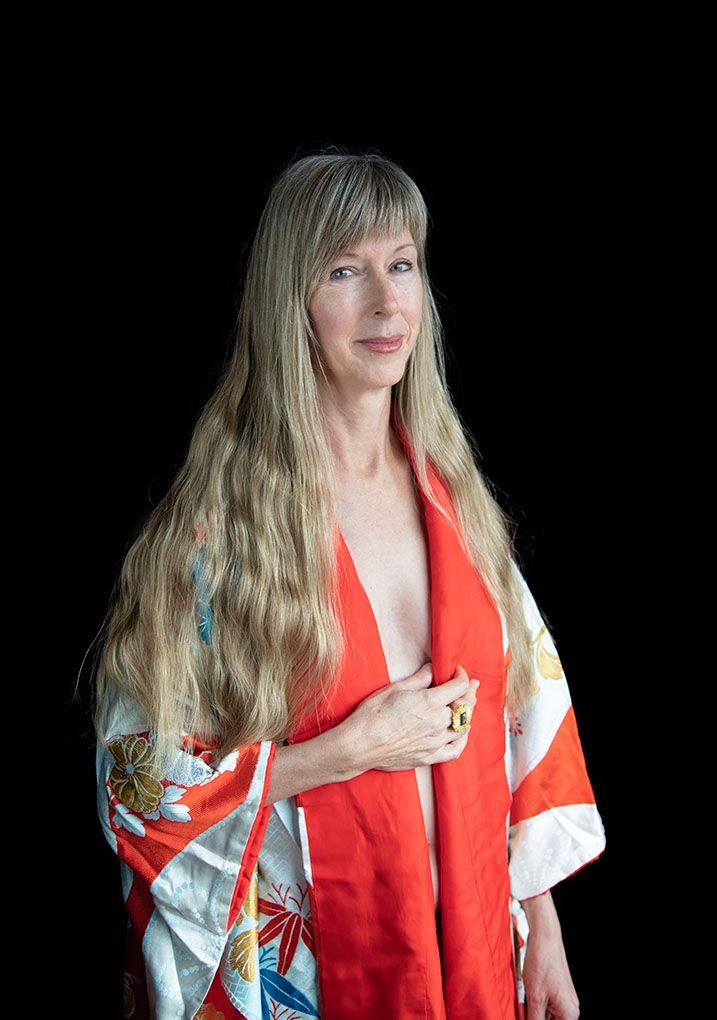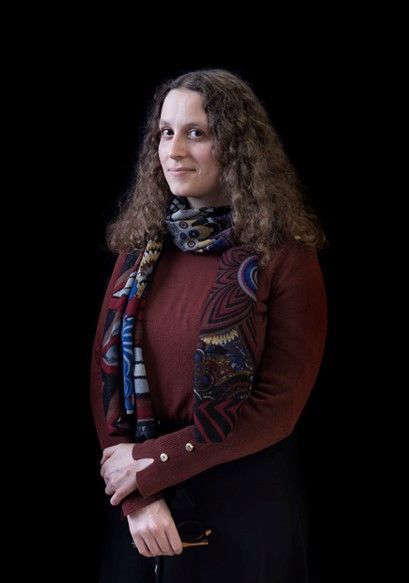Female Voices in Art: Aliona Adrianova, Photographer
"Since men and women often see things from a different perspective, it is best not to have gender dominated areas and to create a balanced society whether that is in art, politics or any other field."
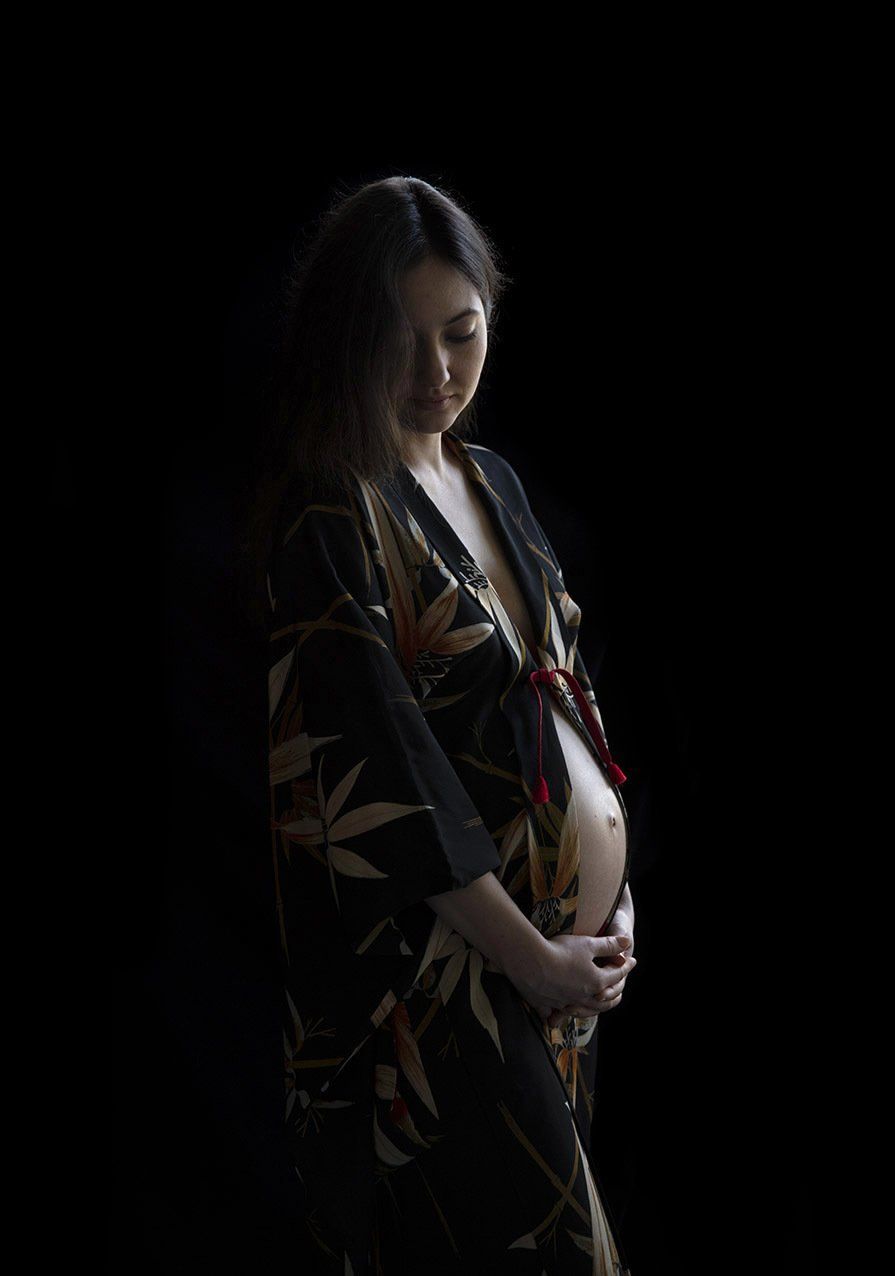
Aliona Adrianova (b.1986, Kharkiv, Ukraine) holds a M.Sc. in International Business Management from Kyiv National Economic University. Having pursued an early career in finance in London, Aliona quickly discovered her true personality and calling as an artist. In particular, she developed a strong interest in photography, engaging with the idea of an enduring quest for absolute truth in the photographic record of the sitter. Adrianova’s work has appeared in numerous publications, including Tatler, Vanity Fair, Condé Nast Traveller, Country Life, Forbes, NatGeo Channels and many others. Her latest book Artist in the Portrait was published by The Royal Society of Portrait Painters in 2018.
Could you tell us something about your role in the art world?
I am a London based portrait photographer who believes that no single person can break a camera. If you look at your sitter with loving eyes, it’s impossible to take a bad picture.
What did you enjoy about being a part of this project?
It was such an honour to be captured by Carla. Being a photographer myself, I was very much impressed by her dramatic lighting. Carla’s way of seeing a woman, intense use of chiaroscuro and the representation of her sitters in striking ensembles of colours gives a sensual jolt to the viewer and illustrates inner and outer beauty. All her portraits are so powerful and direct that I was instantly involved, and wanted to discover more and to get to know each sitter. Also, I see a parallel to Carla’s flowers series. Images of these artfully dressed women became an allegory of a divine garden where their talents and visions make this world a better place.
Do you have a favourite artist?
It was a spontaneous decision to become a photographer after studying and working in finance. Since then, I have been on a rollercoaster of self-discovery as I learn more about art. By constantly studying new artists and movements, my artistic taste changes and develops. For example, last year I was mesmerised by and started to practise Japanese Sumi-e. Whereas this year, I am captivated by Arabic calligraphy.
What is your earliest memory involving art?
My mum not only used to read to me a lot when I was a kid, but she also did illustrations of the imaginary characters. This experience was like a portal to different worlds and first showed me the power of art.
Do you have any special thoughts about the position of women in the art world?
Since men and women often see things
from a different perspective, it is best not to have gender dominated areas and
to create a balanced society whether that
is in art, politics or any other field.
What are you wearing and holding, and are there stories behind it?
I am wearing a vintage Japanese kimono from the 1940s which was a present from my husband. He had observed me practicing Sumi-e and Ikebana and thought that I would be further inspired by total immersion into the Japanese aesthetic. No need to mention that I was delighted with the gift.
What impact has the current health crisis on your daily practice?
Looking on the bright side, I have seen the lockdown as an opportunity to reflect on my past artistic experiences and engage with other people’s ideas through reading and research. And of course, to try out things that I always have been planning to do but kept postponing due to immediate work deadlines. For instance, I am now learning how to gild and also am designing a stained glass niche for my home.
Is it changing your views on Art?
I think that current events have reassured me that creative practice, specially in times of crisis, brings me a touch of comfort and helps me to escape everyday worries.
Are you creating new initiatives and ways of working?
Although this break in my normal work practice has been disruptive, it has also provided me with the stimulus, the space and the time to experiment with different techniques. In actual fact, I am currently in the process of developing a new style in my portraiture.
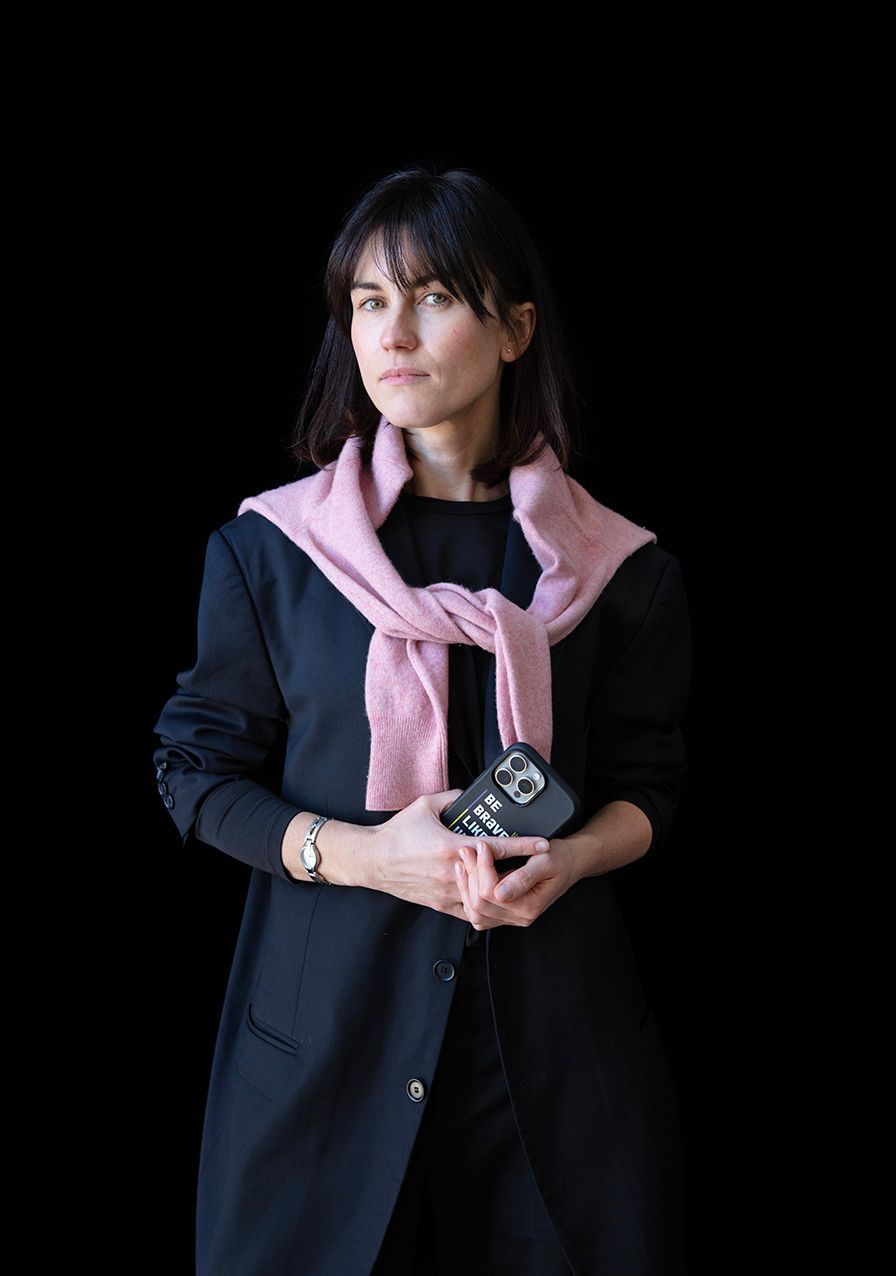
Female Voices in Art: Interview with Mariana Varchuk, Curator Khanenko National Museum of Arts, Kyiv
